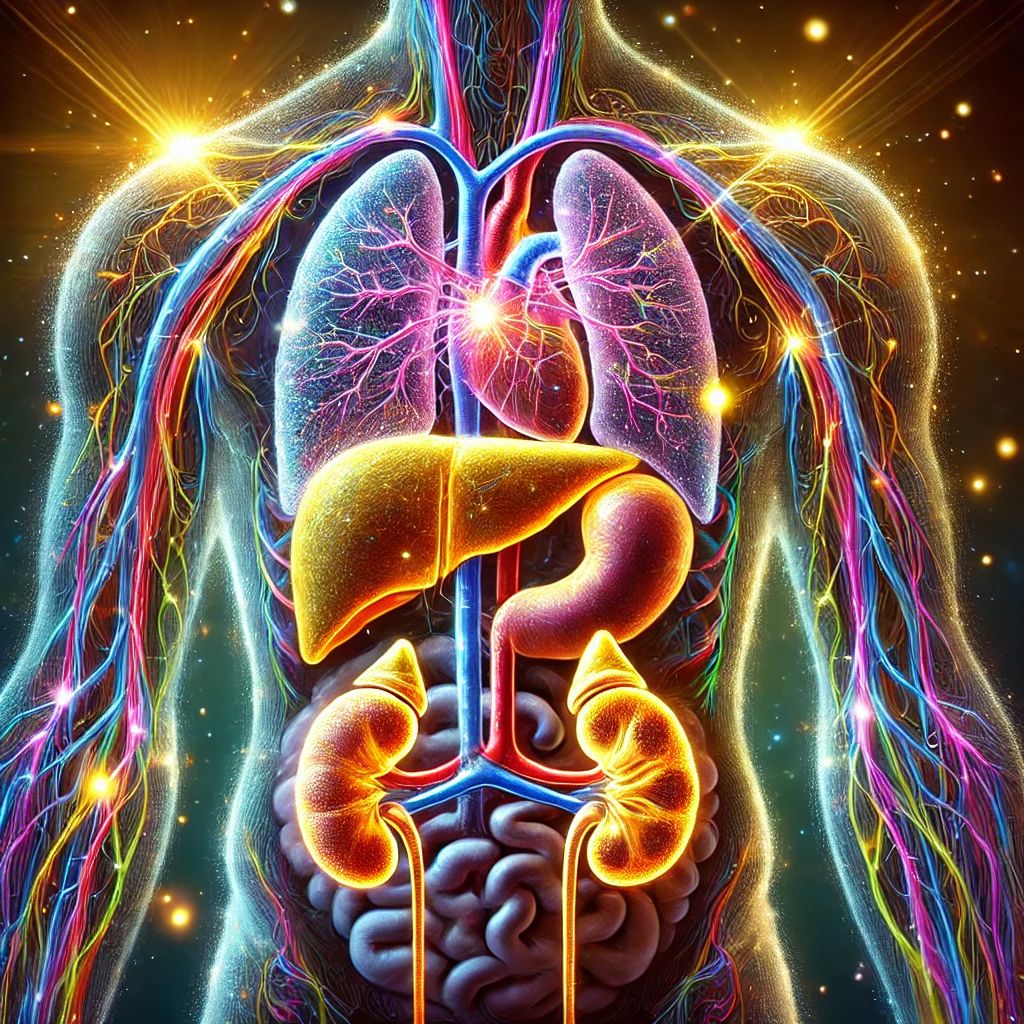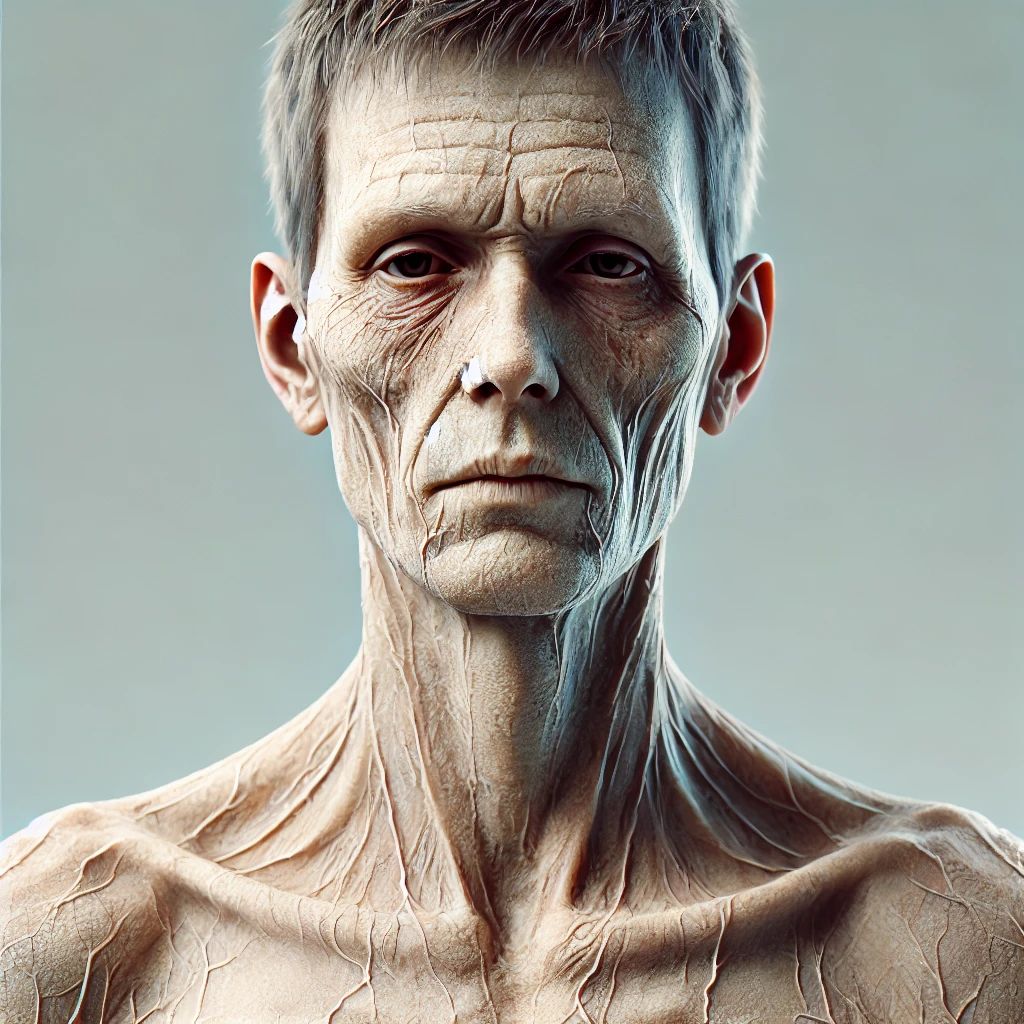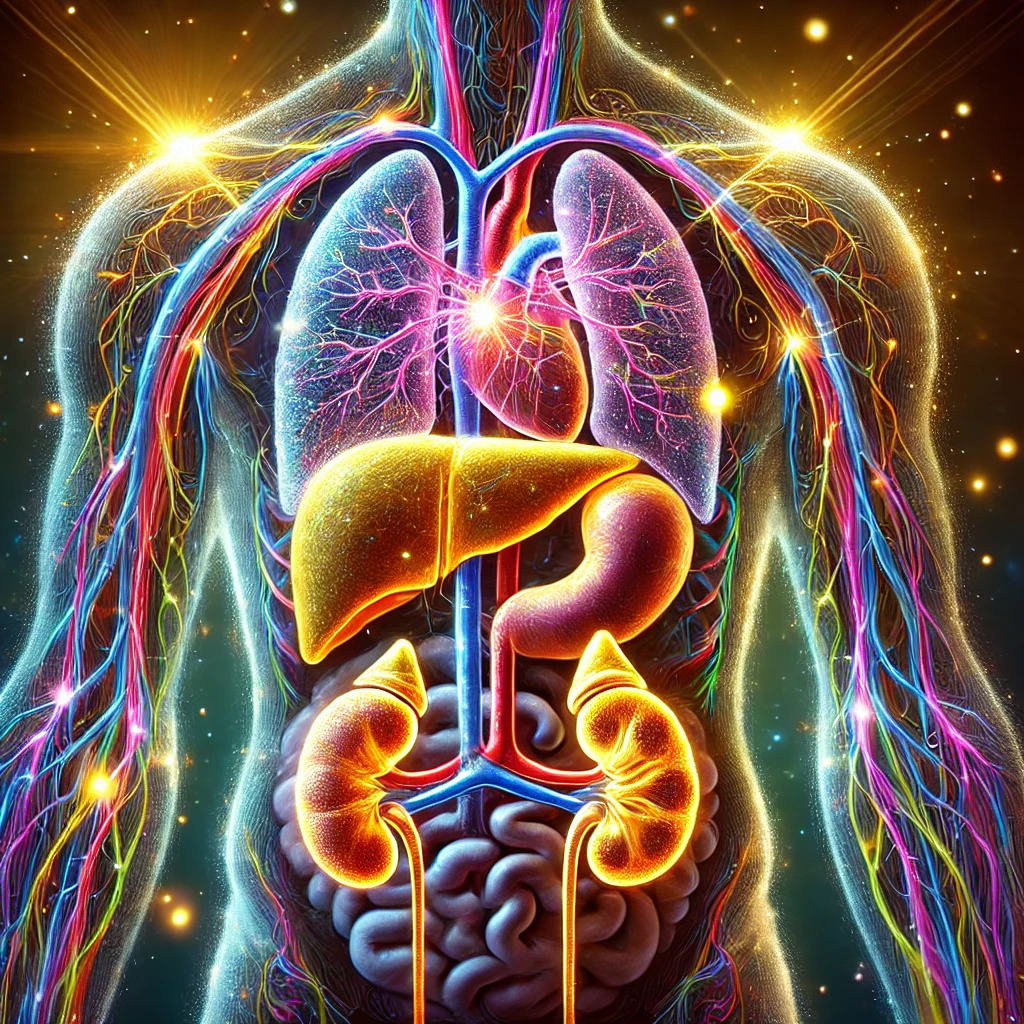In the world of modern health trends, “detoxing” has become a popular method to boost well-being and rid the body of toxins. From detox juices and teas to supplements and diets that promise to “cleanse” the body, people increasingly embrace these methods as part of their health routines. But are these methods truly necessary, or does the body already have a natural way to detoxify itself? In this article “Does the body really need detoxing?”, we will examine the facts behind this common belief and discover whether the body really needs external help to stay healthy.

The Body’s Natural Detox System
The human body is a complex system with its own built-in detoxification process, which has evolved over millions of years to help us survive in diverse environments. The primary organs responsible for detoxification include the liver, kidneys, lungs, and skin. Each of these plays a crucial role in eliminating toxins from the body.
The liver is the master detoxifier, filtering harmful substances from the blood and breaking them down so they can be excreted through urine or feces.
The kidneys purify the blood by removing excess substances through urine while maintaining a proper balance of electrolytes and water.
The lungs expel toxic gases like carbon dioxide, and the skin eliminates waste through sweat.
If the body already has its own detox system, why do so many people buy into the idea of “detoxing”? This trend is partially driven by marketing campaigns that push the notion that our bodies are overwhelmed with toxins due to modern lifestyles, unhealthy diets, and environmental pollution. Various companies promise quick and easy fixes by offering products like juices and detox diets to “restore” balance in the body. However, scientific research shows that these products rarely make a significant difference compared to the body’s natural processes.
Most detox diets and products lack solid evidence to support their claims. While some people report feeling “cleaner” and lighter after following such regimens, this is often due to temporary changes in diet (such as consuming more fruits and vegetables), rather than actual toxin elimination.
Can Modern Detoxing Be Harmful?
In some cases, yes. Prolonged fasting, restrictive diets, or excessive use of laxatives and detox supplements can disrupt the body’s natural balance, causing dehydration, nutrient deficiencies, and digestive issues. Instead of relying on these products, doctors recommend maintaining a healthy lifestyle with a balanced diet, regular exercise, and adequate water intake.

The idea that the body needs to be “cleansed” of toxins is more myth than scientific reality. Our bodies are equipped with internal detox systems that work continuously to protect us from harmful substances. Rather than relying on expensive and often unnecessary detox programs, supporting our body’s natural processes through healthy habits is the best approach. The mystery of detoxing may continue to intrigue, but the scientific facts are clear. The body does not need extra help to get rid of toxins. It simply needs to be supported with a proper lifestyle.
Explore the NCCIH perspective on detoxing: Detoxes and Cleanses: What You Need To Know.
Discover Harvard Health’s take on detox myths: The Dubious Practice of Detox.
Learn from MD Anderson about common detox misconceptions: 4 Detox Myths: Get the Facts.
More Useful Links:
Drinking Water on an Empty Stomach: Does It Really Boost Metabolism or Is It a Myth?
Meditation and the Brain: Myth or Scientifically Proven Transformation?
Spending Time in Darkness: Can It Really Improve Vision or Is It Just a Myth?
